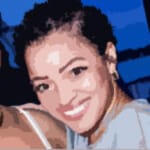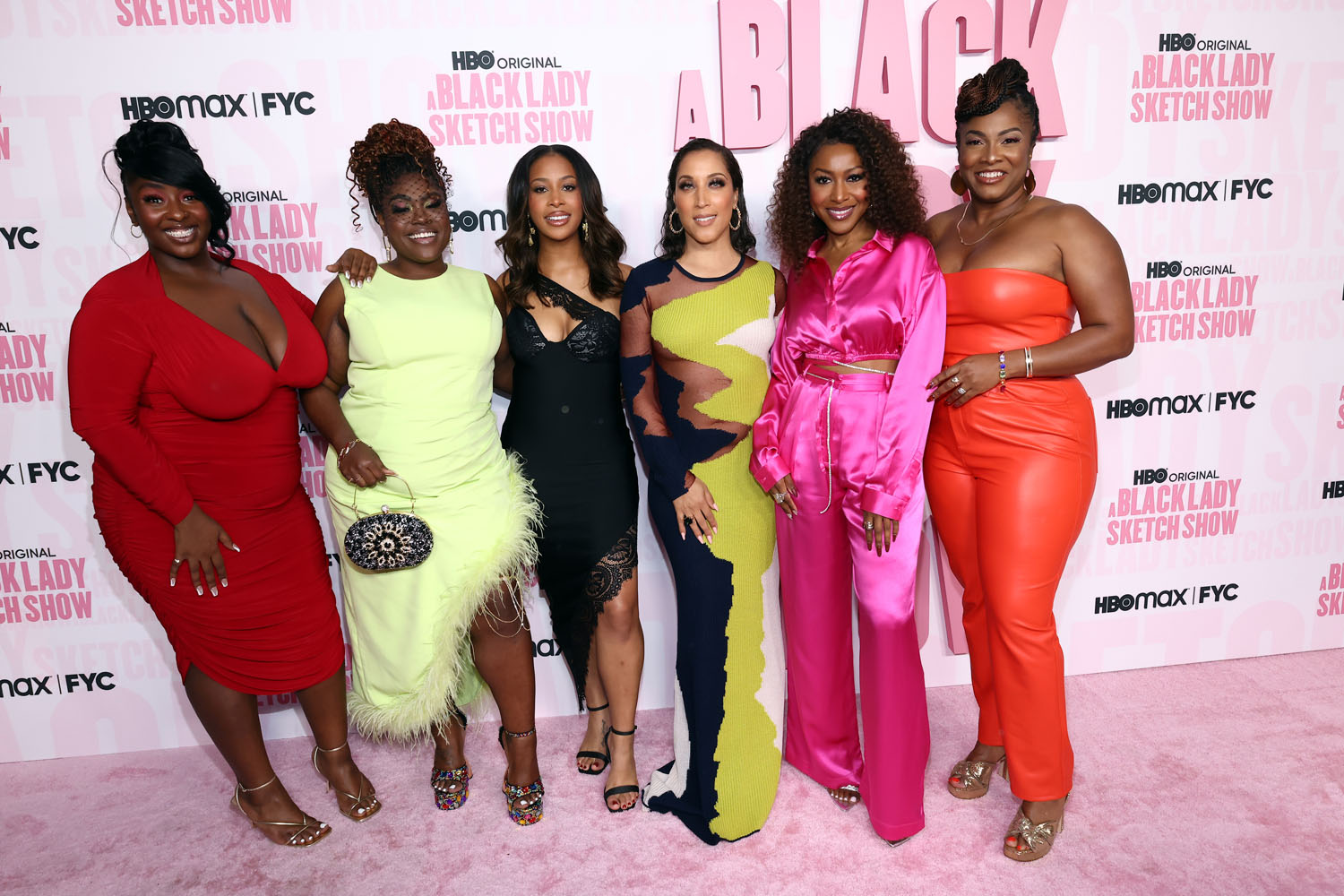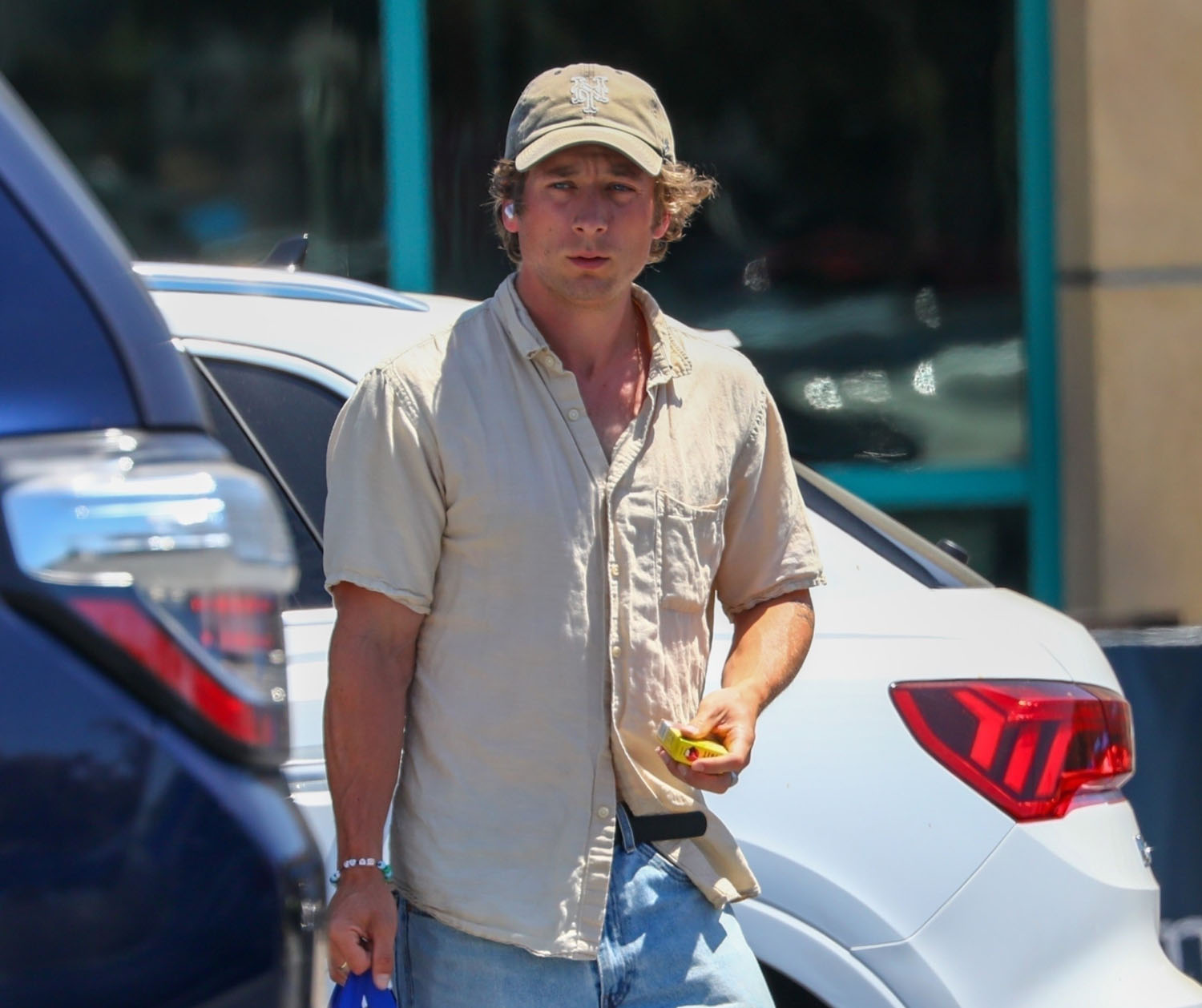A Black Lady Sketch Show's unceremonious end



Yesterday, Variety reported that A Black Lady Sketch Show would not be returning to HBO for a fifth season.
It’s certainly an interesting time for the show to come to an end, considering its creative success, marked by historic award nominations and wins. The show won back-to-back Emmys for Outstanding Picture Editing for Variety Programming, with Daysha Broadway, Stephanie Filo and Jessica Hernández as the very first team of women of colour to win the award. Last year, Bridget Stokes became the first Black woman to win an Emmy for directing a variety series. The show was also acknowledged with the TCA award for outstanding achievement in sketch/variety shows in 2020, as well as five Black Reel Awards, an HCA award and two NAACP Image Award nominations.
Robin Thede created the show and starred in it alongside women like Skye Townsend, DaMya Gurley, Tamara Jade, Gabrielle Dennis and Angel Laketa Moore. Heavyhitters like Quinta Brunson, Ashley Nicole Black and Laci Mosley were involved with the show since its early days. With talent stacked like that, not only was the show hilarious, it was historical.
“For four exceptional seasons of ‘A Black Lady Sketch Show’ we’ve been thrilled to partner with her on this groundbreaking, hilarious series,” network reps told Variety, referring to Robin. “Robin, alongside Hoorae, Jax Media, and the incredible cast and crew, leave an indelible legacy not only in sketch, but in television comedy, and we look forward to continued creative collaboration under her deal with us.”
They’re referring to her three-year overall deal with HBO that was inked in 2022. The deal outlines that Robin will expand from her previous deal with just Warner Bros. TV and instead create content for HBO, Max, and Warner Bros. Television.
Though some of the stars of A Black Lady Sketch Show have gone on to sign other deals, like Ashley Nicole Black, who was already writing and producing for Ted Lasso before signing an overall deal with WBTV, the loss of this sketch show is significant.
This show was historic in that it combined sketch comedy with themes that rang true for a lot of Black women. It creatively and comically covered everything from hair woes to the experience of navigating Black church politics and just about everything in between. It didn’t always exclusively cover “Black” subject matter per se, but even in those cases, it was still storytelling for Black women, by Black women like we have never seen before.
For anyone who’s been following Sarah’s extensive coverage of Hollywood's public enemy number one, David Zaslav, it should make absolute sense that he’s cut a show like this from HBO. If Batgirl couldn’t survive his wrath, why would a show led by Black women, for Black women, make the cut?
It’s one of the major issues posed by David’s ‘overwhelmingly white and male’ C-suite, which Sarah wrote about here. The decisions surrounding what the audience wants to watch are being made by people with a very narrow view of what that audience looks like and a very archaic understanding of how gender impacts viewing habits. Everything is black and white (no pun intended), despite there actually being a lot more fluidity in how race and gender impact what people consume. David and Co’s impression of what the audience is mirrors his C-suite - overwhelmingly white and male. It’s not to say they don’t know people other than white men watch their programming and films, they just don’t care to cater to those groups.
In this sense, networks like HBO, Max and Warner Bros. TV aren’t doing themselves any favours by trying to amalgamate all of their content with what the ever-unpopular Discover+ has to offer. HBO Max was once the standard for prestigious, quality productions like The Wire, Oz and The Sopranos. Despite my love for all things reality TV, even I understand how those specialty shows can lose their value based on the juxtaposition of being next to shows with salacious titles often reserved for primetime slots on networks like TLC.
This one-size-fits-all approach is simply not the way to go if these networks want their audiences to remain engaged – but more importantly to pay for access. And this is on top of the pre-existing hesitation to fork over any more money to these giants after the writer’s strike.
The sad thing is, if this were back in 2020, post-George Floyd, I don’t know that this would be the case. There was such a global attempt to increase the visibility of niche programming like this, to the point where it became tokenizing. The few writers and producers of colour that were able to finally push through the thick, gritty racial barrier of network television genuinely acquired a dedicated audience. But with the decrease in willingness to provide a home for shows like A Black Lady Sketch Show, combined with David’s approach of axing productions in favor of saving money, and the alleviation of pressure to include diverse programming thanks to the time and distance after the racial reckoning we saw, it’s the perfect storm for the mask to slip.
